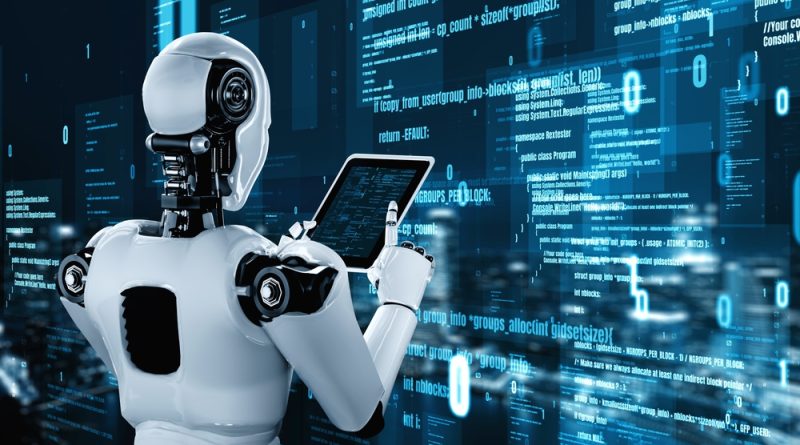AI: The Game-Changer in Cybersecurity’s Battlefront?
In an era where digital threats loom at every corner of the internet, the cybersecurity field faces a perennial challenge known as the “defender’s dilemma.” This dilemma encapsulates the asymmetry of cybersecurity warfare: while attackers only need to find a single point of entry to compromise a system, defenders must tirelessly identify and mitigate every potential vulnerability. It’s a daunting task, requiring constant vigilance and a near-impossible feat of perfection.
Enter Artificial Intelligence (AI), proposed by tech behemoths like Google as the silver bullet that could potentially tip the scales in favor of the defenders. Google’s recent announcement of its AI Cyber Defense Initiative heralds a future where AI’s capabilities are harnessed to fortify cybersecurity defenses. Investing in AI-ready infrastructure, Google envisions a cybersecurity landscape transformed by AI, where defense systems powered by artificial intelligence consistently outwit cyber threats.
The promise of AI in cybersecurity lies in its ability to manage complexity and vast amounts of data with efficiency and precision beyond human capabilities. Google’s initiative outlines a multifaceted approach where AI can swiftly detect malware, identify vulnerabilities in code, monitor for suspicious activities, and distill this information into actionable insights. Beyond detection, AI’s prowess extends to devising comprehensive strategies to remedy identified weaknesses and bolster systems against future threats.
However, this technological arms race is not one-sided. As defenders leverage AI to enhance their cybersecurity measures, attackers, too, can harness AI to refine and escalate their malicious campaigns. Recognizing this, Google’s strategy emphasizes the democratization of AI-driven cybersecurity expertise. By making advanced cybersecurity tools and knowledge universally accessible, the hope is to level the playing field, reducing the overall threat landscape.
The potential of AI in reshaping cybersecurity is immense, yet realizing this potential hinges on widespread institutional support and cooperation. Policymakers around the globe are currently wrestling with the implications of AI, striving to understand and regulate a technology that holds as much promise as it does peril.
As we stand at this pivotal juncture, the question remains: Will AI indeed be the linchpin in solving the defender’s dilemma, or will it simply usher in a new era of digital arms race? The outcome will depend not only on the technological advancements but also on the collective efforts of governments, corporations, and the cybersecurity community at large to navigate this uncharted territory with wisdom and foresight.

